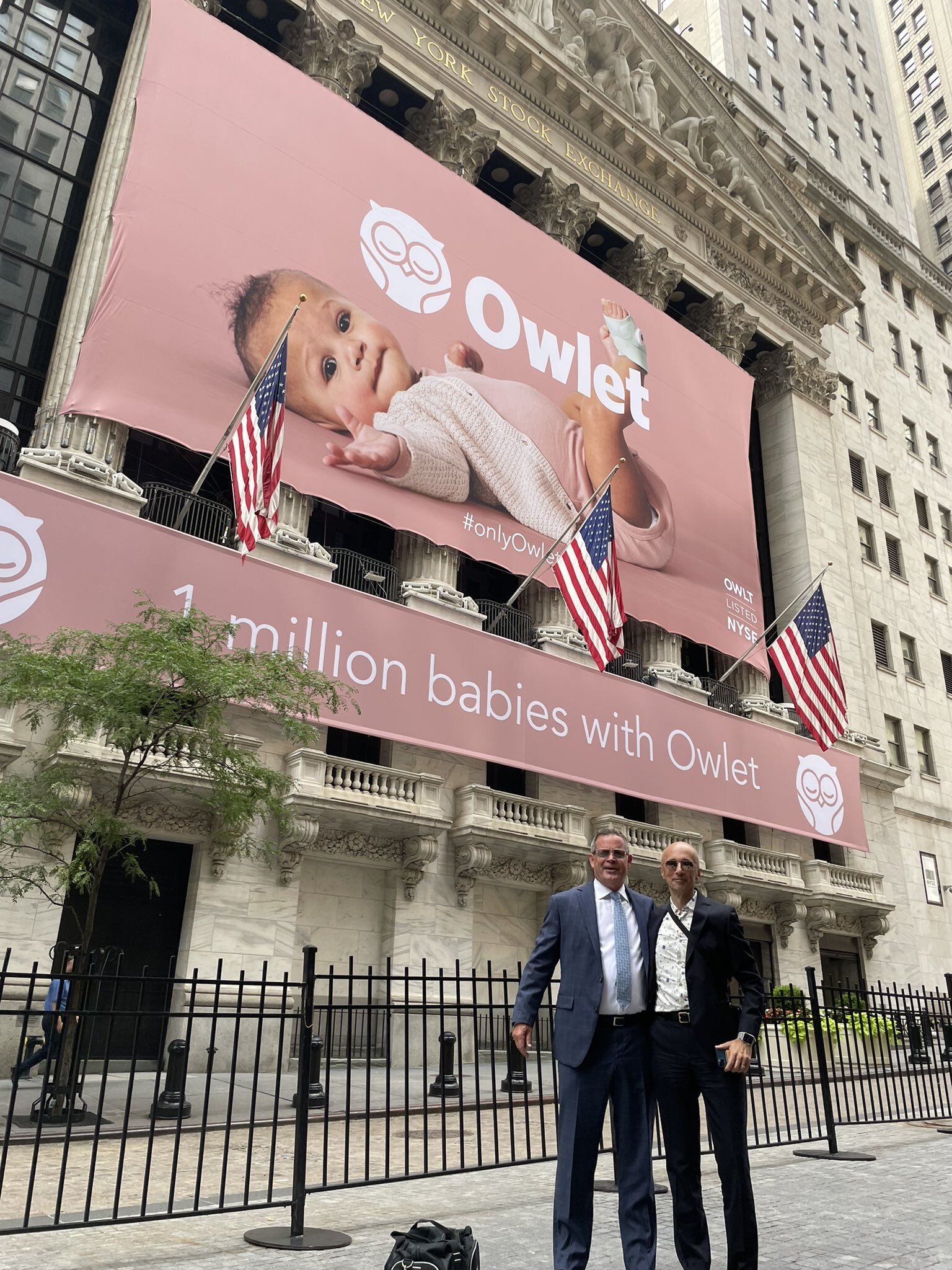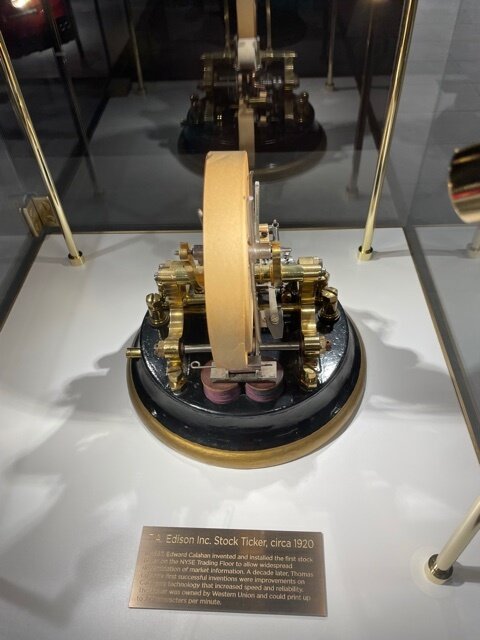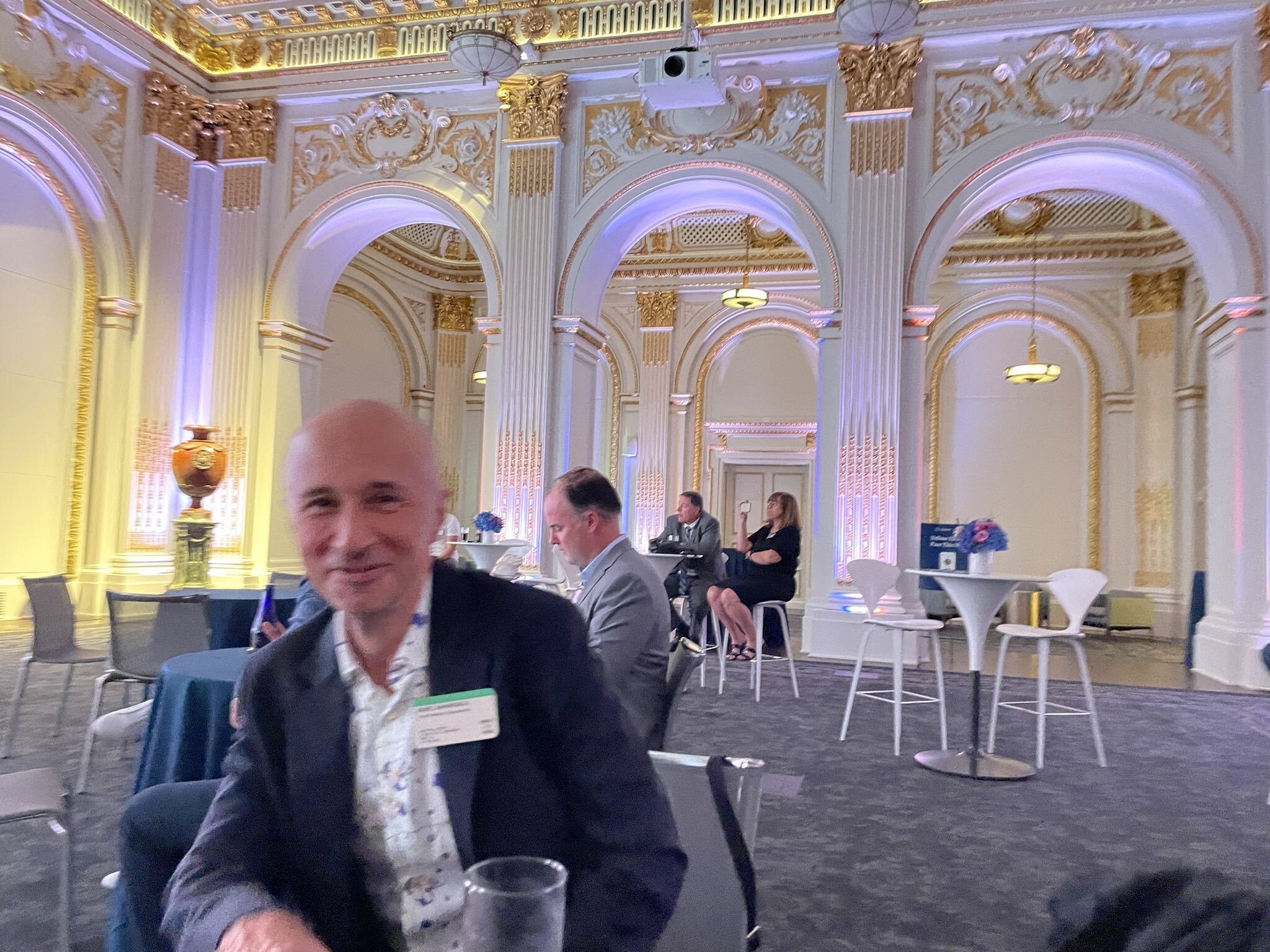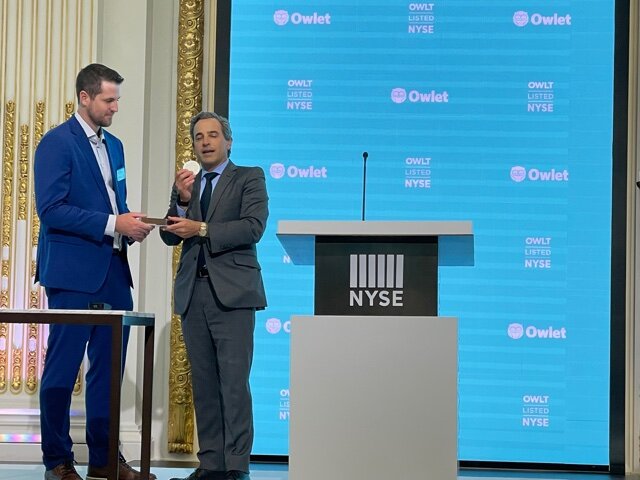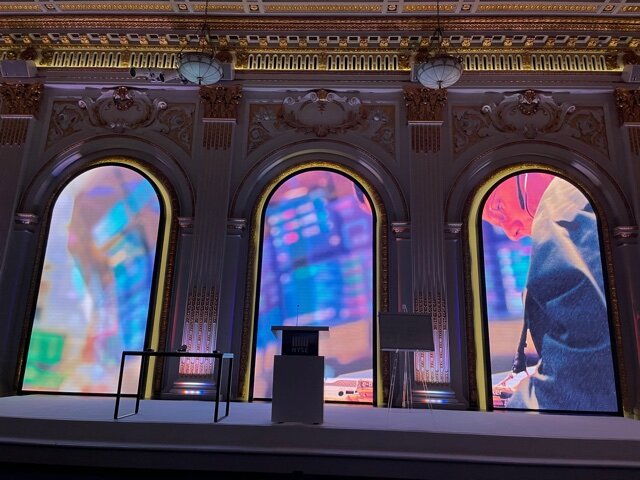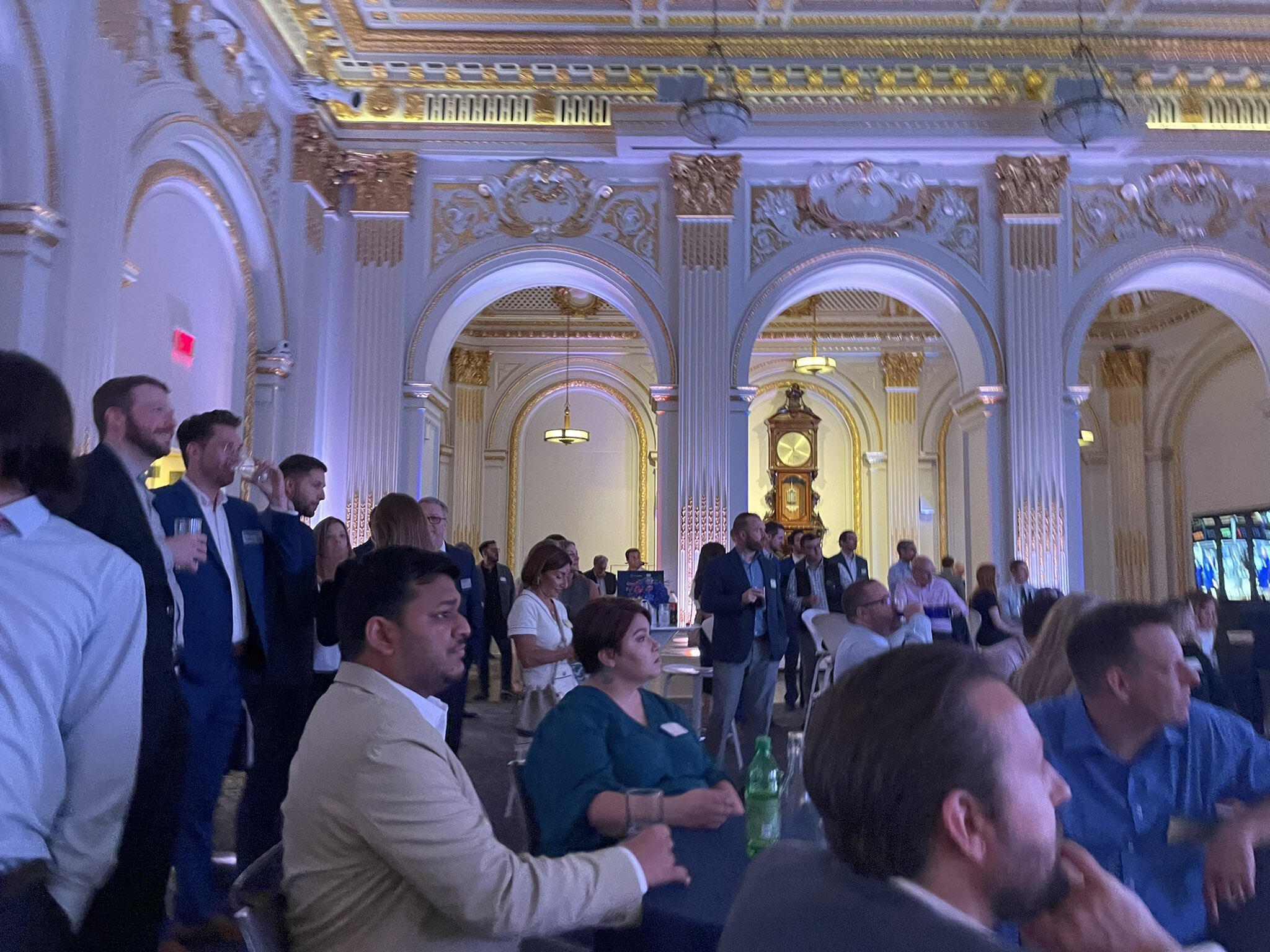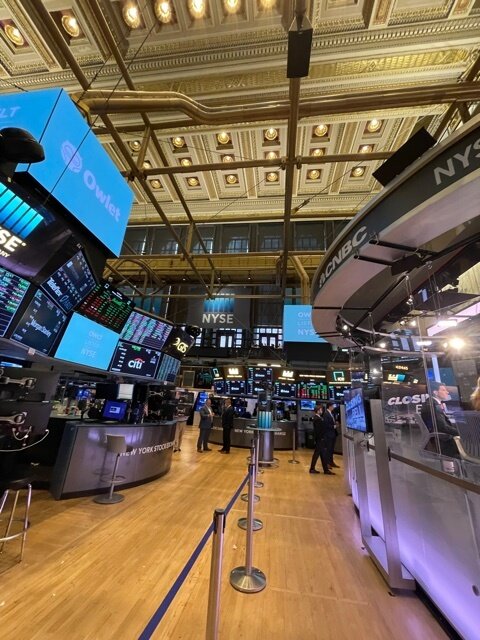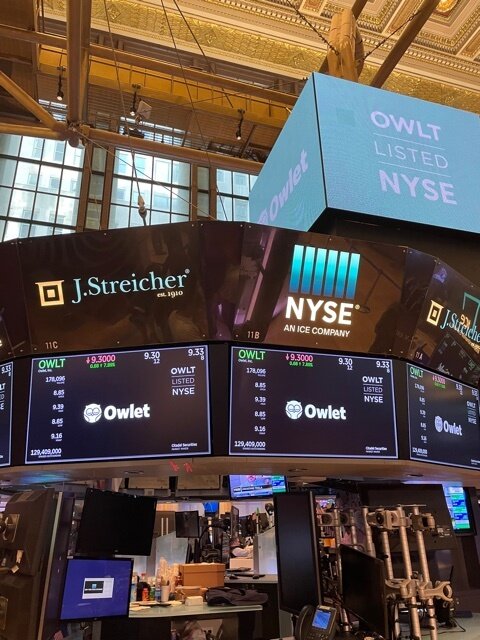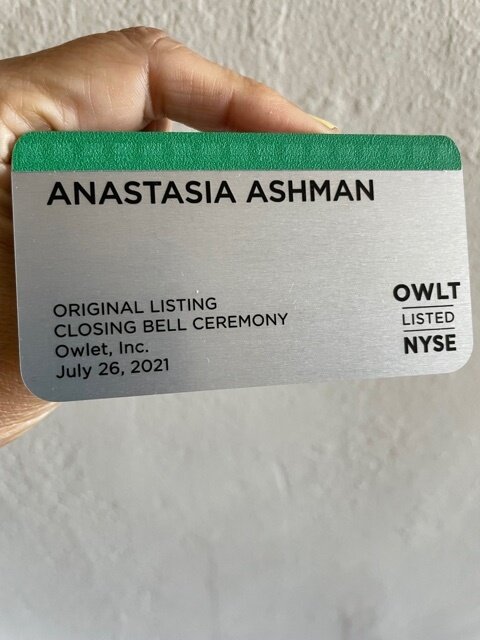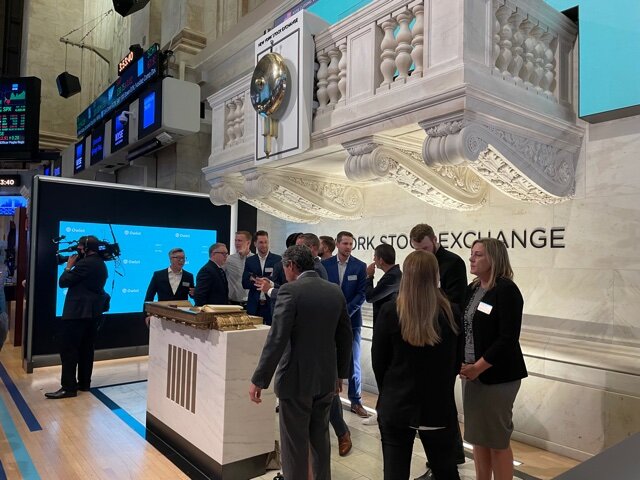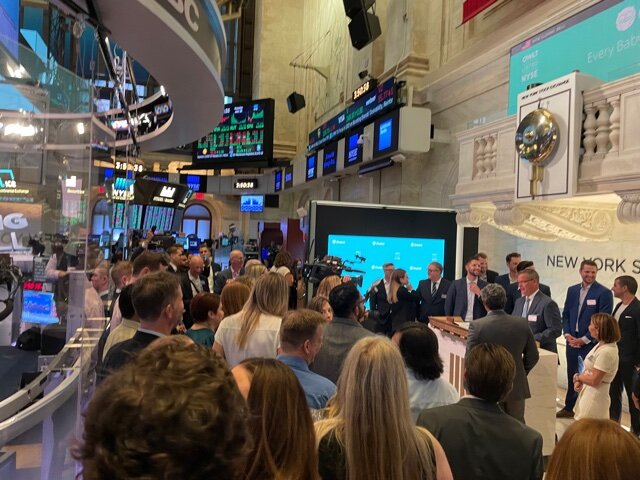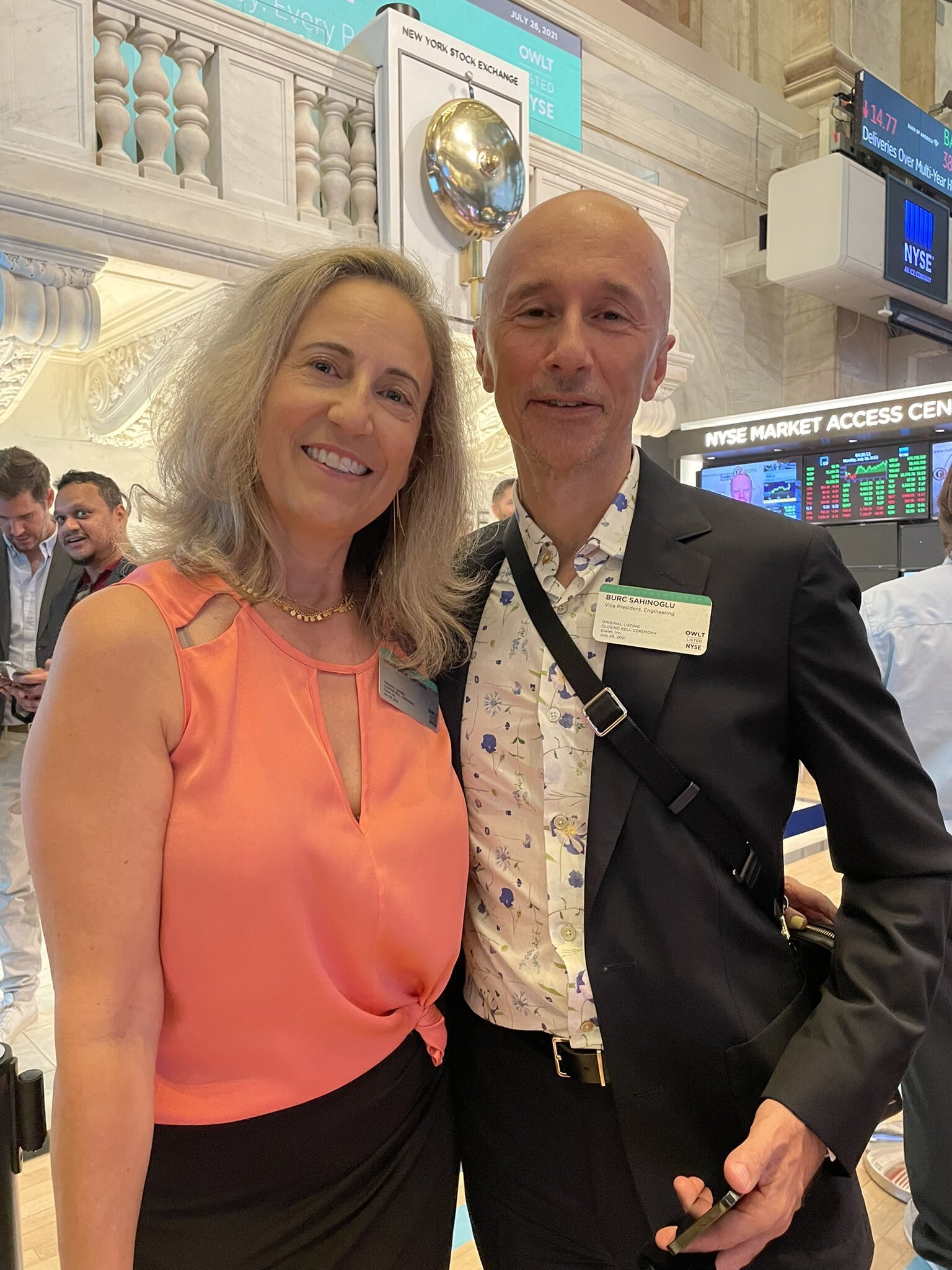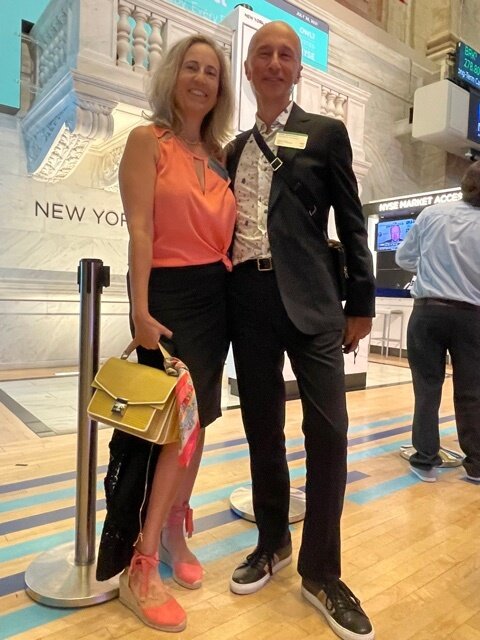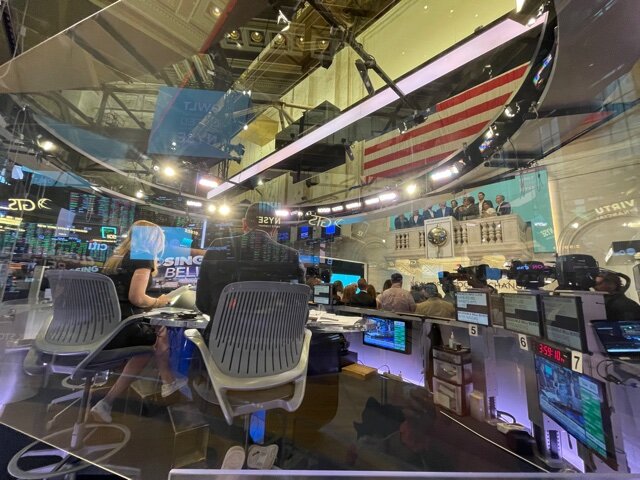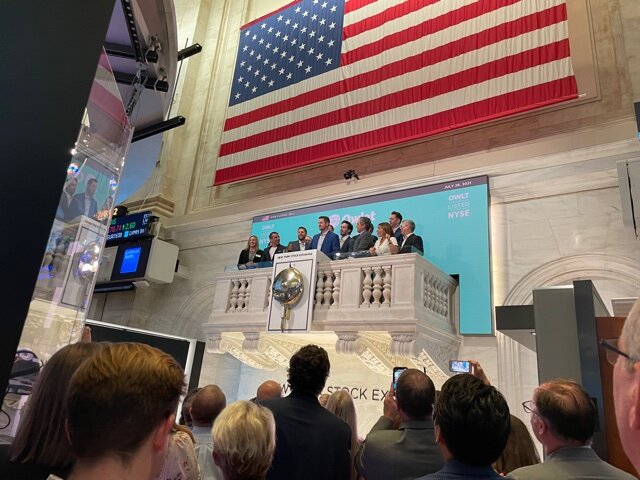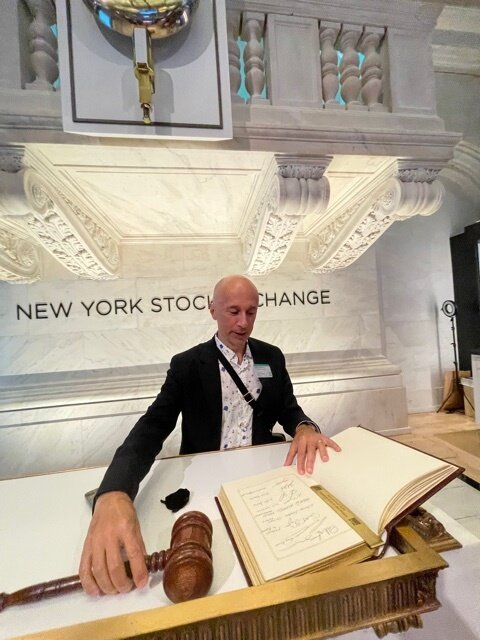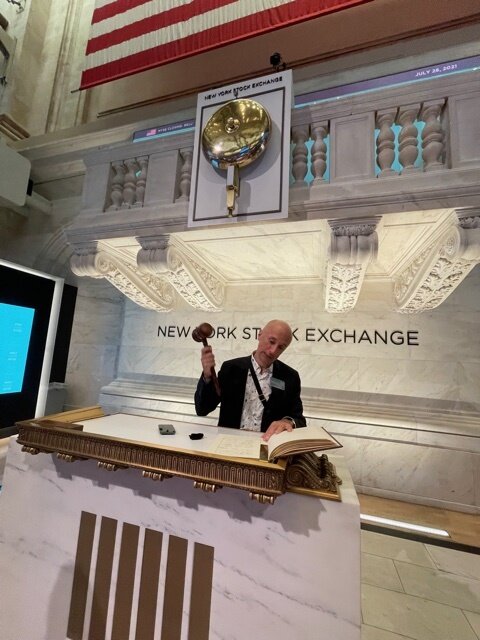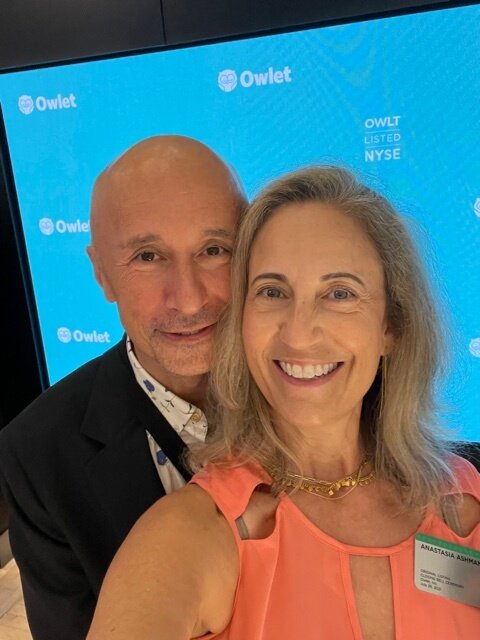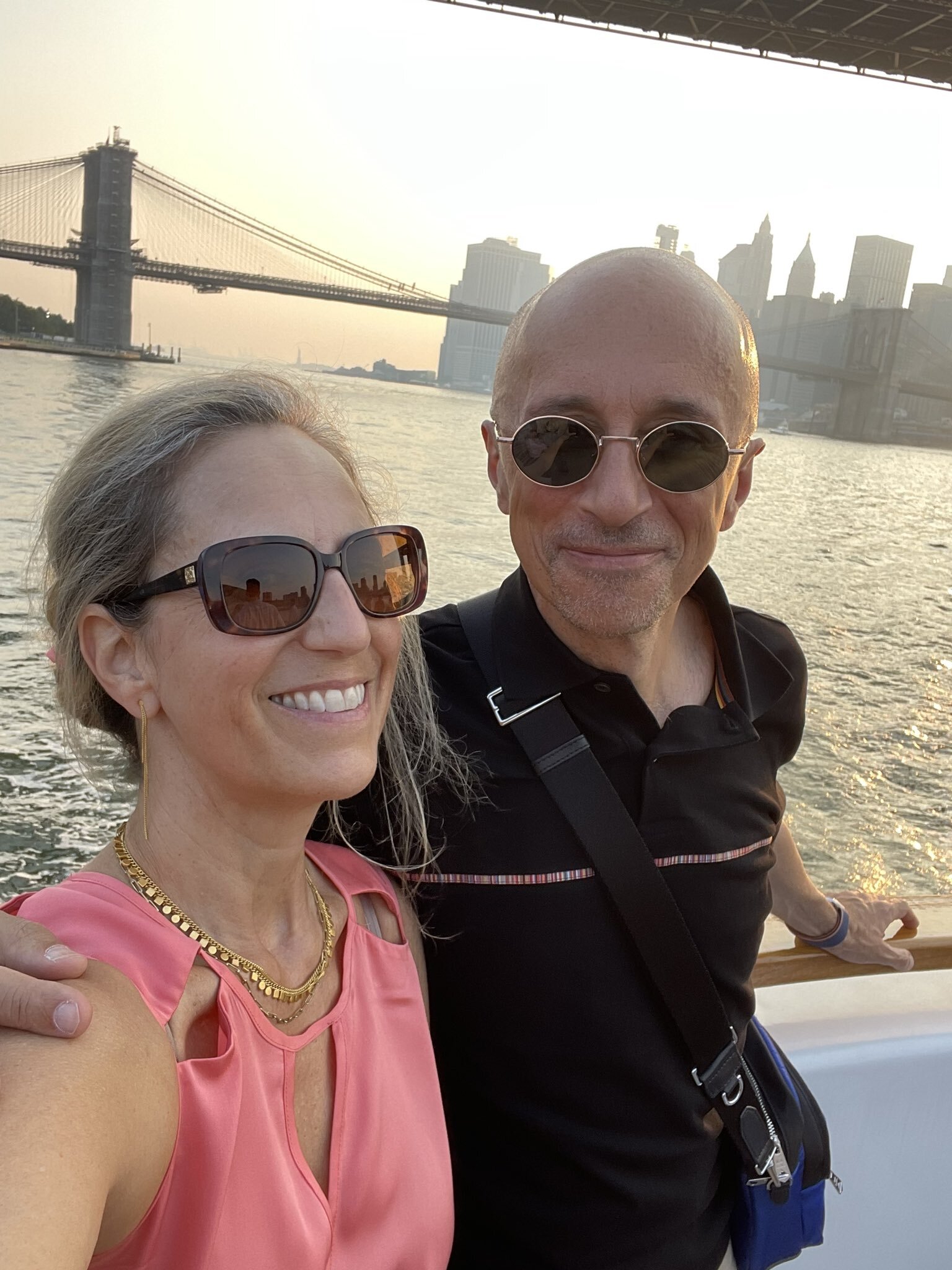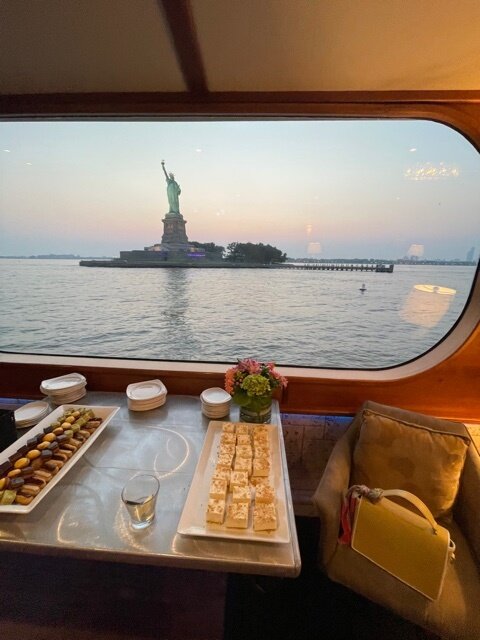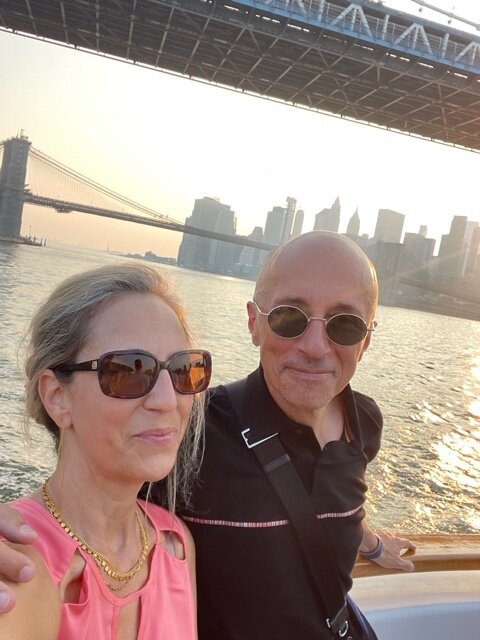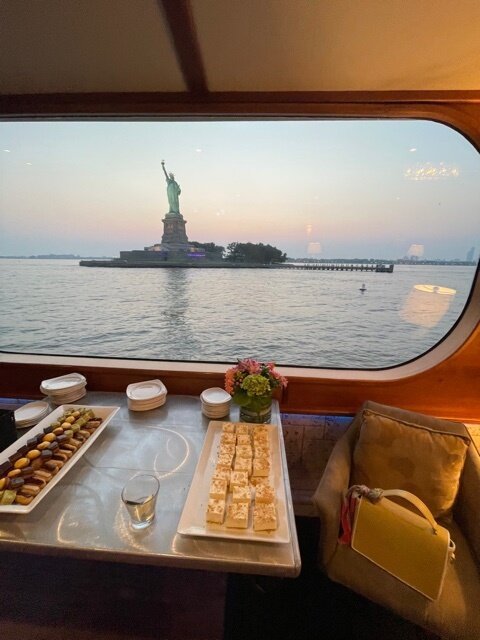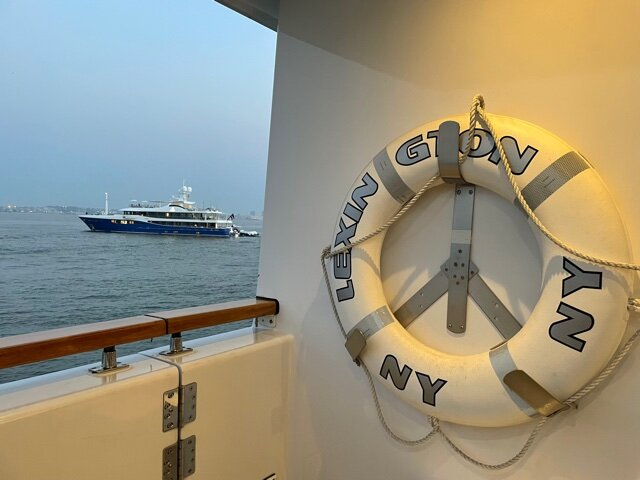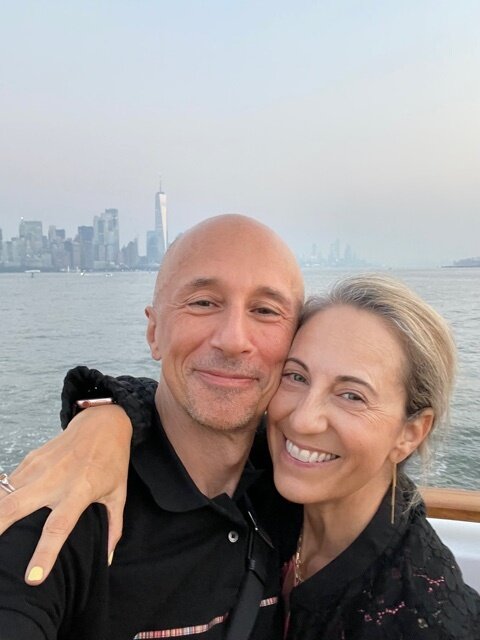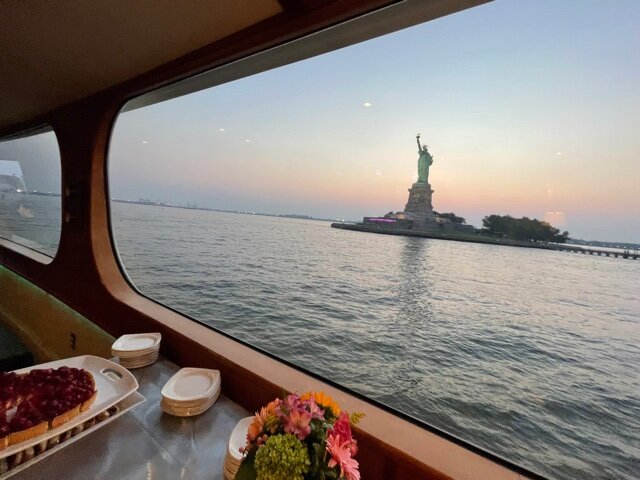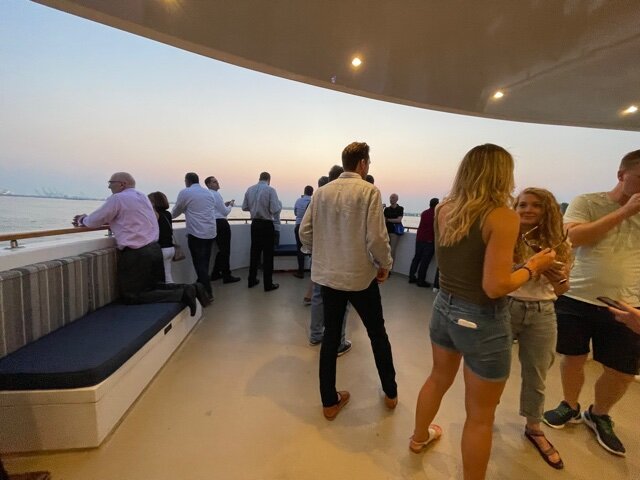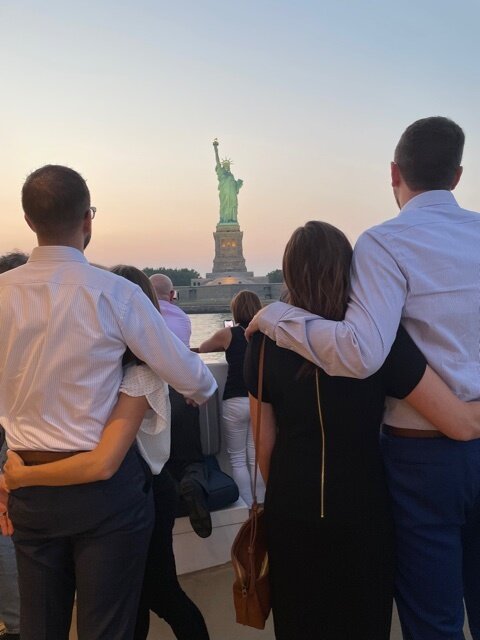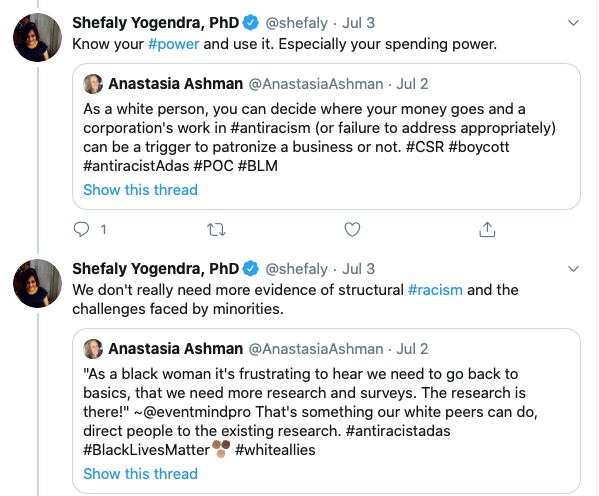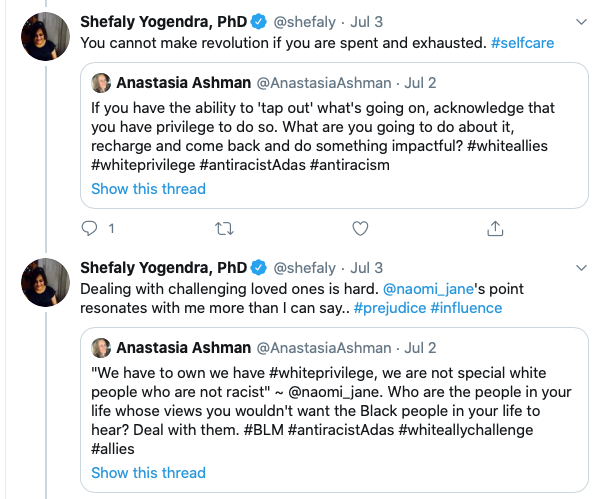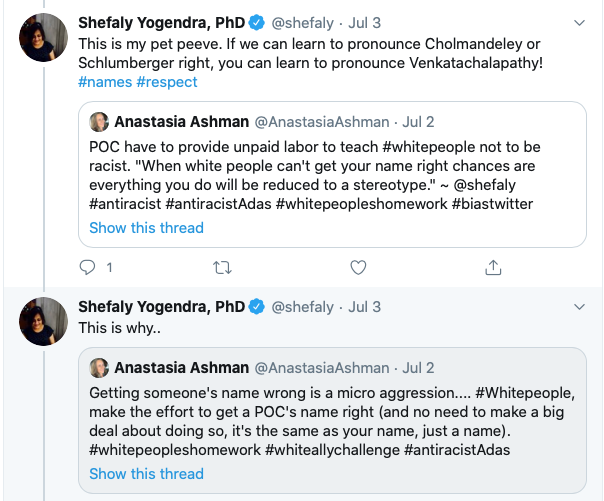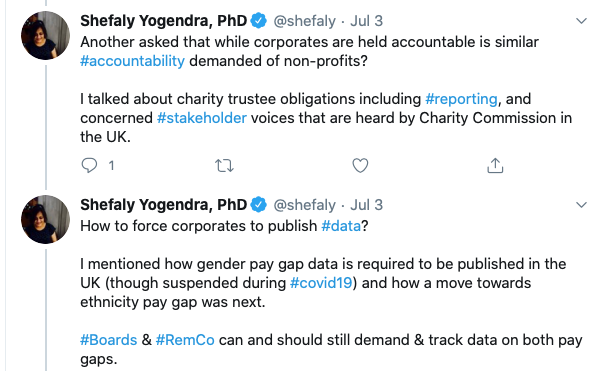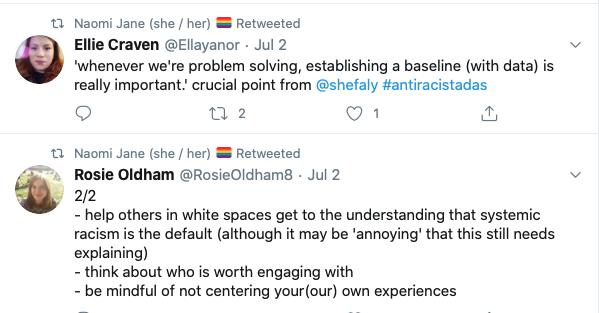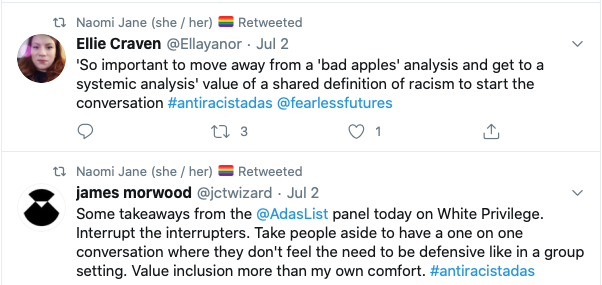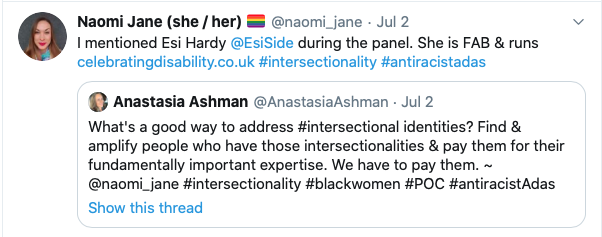“And the winner is...hard to describe in front of a bunch of people I just met.”
Had a fun morning meeting all the bright-eyed and bushy-tailed brilliant students, program coordinators like Justin Wong and Simran Kaur and Anika R. and other venture judges and Silicon Valley investors like Alexander Walterspeil (head trader at Indaba Capital Management), Brandon Drew (General Partner at SaaS Growth Ventures), and Bob Upham of Tess Ventures to hear the pitches for Gigi Wang’s Berkeley Method of Entrepreneurship Bootcamp Final Presentations.
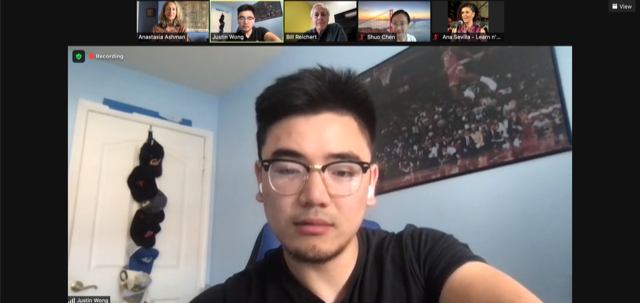
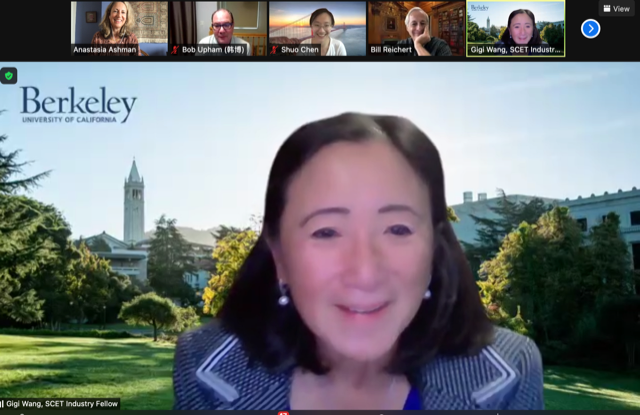
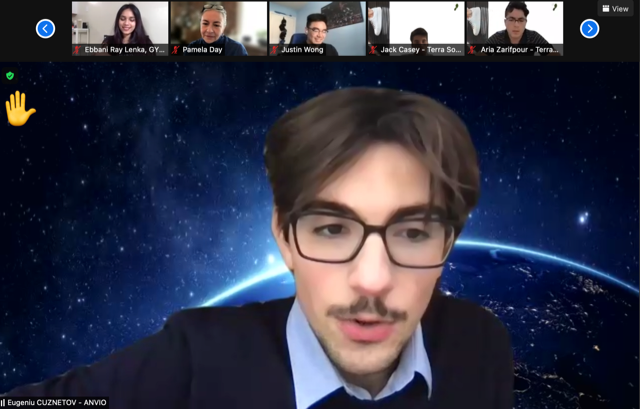


I’ve been mentoring and judging Bootcamps at Sutardja Center for Entrepreneurship and Technology for about five years since I met Gigi at the European Innovation Academy in France. Every Bootcamp is different but they’re all a whirlwind of inspiration and learning, and a shot in the arm of what my fellow startup mentor Pamela Day calls “Vitamin S”, for Students.
This year in my track we heard four startup ideas developed during the week’s Bootcamp accelerated process. I was joined by two venture capitalists: Bill Reichert, Partner at Pegasus Tech Ventures; and Shuonan Chen, general partner at Innovation Overflow Venture Capital.
“We chose two pitches, it was a tie! ”



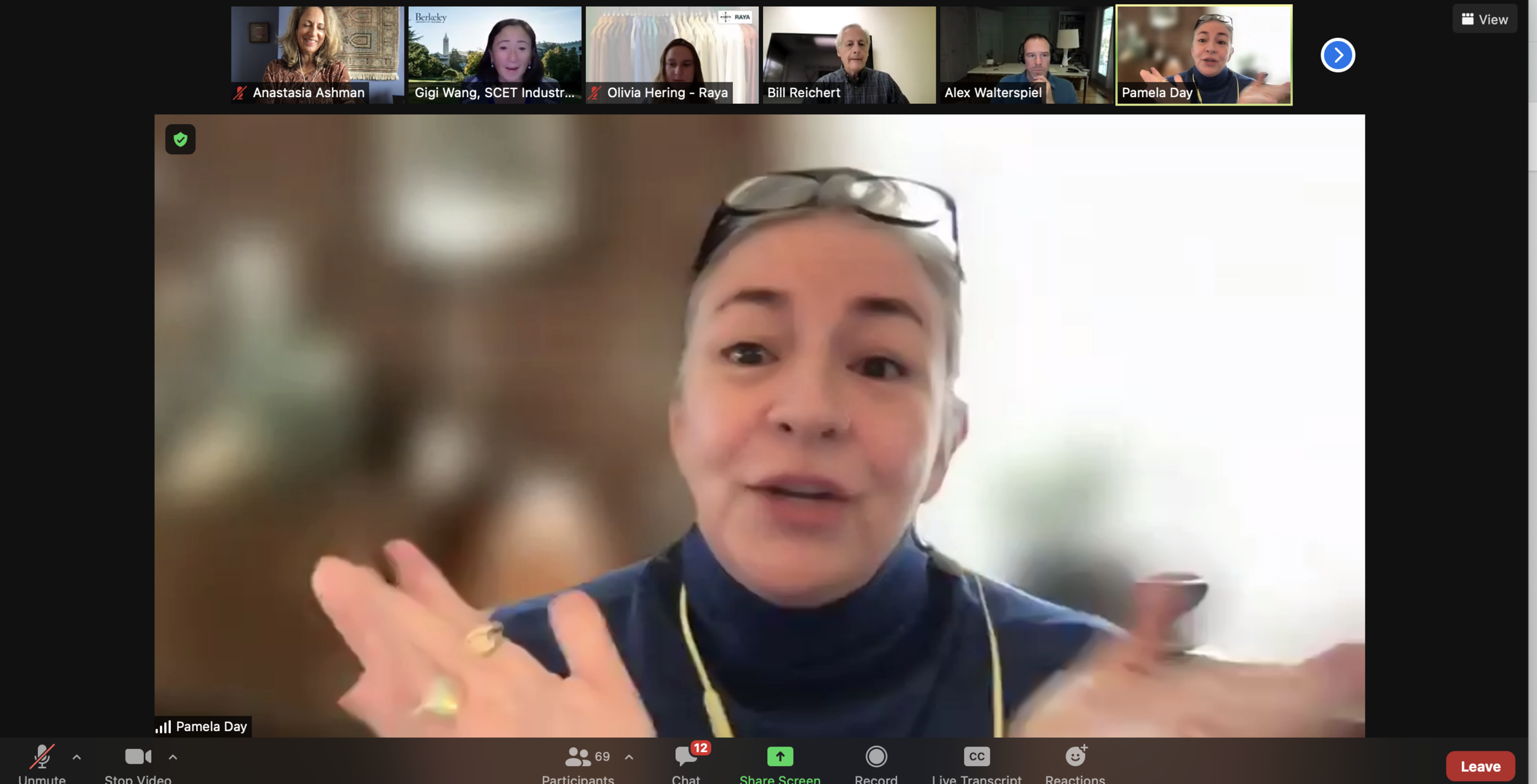
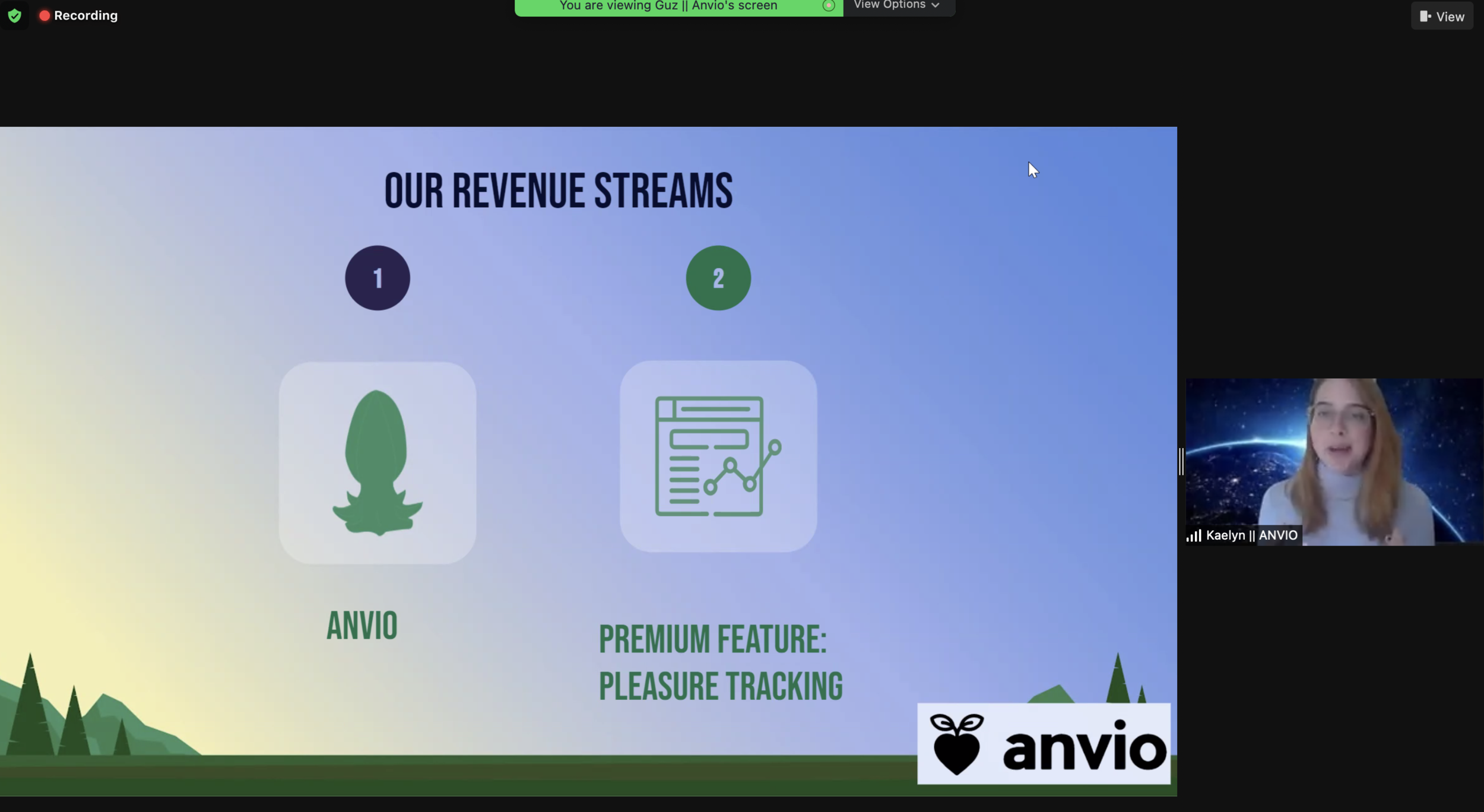
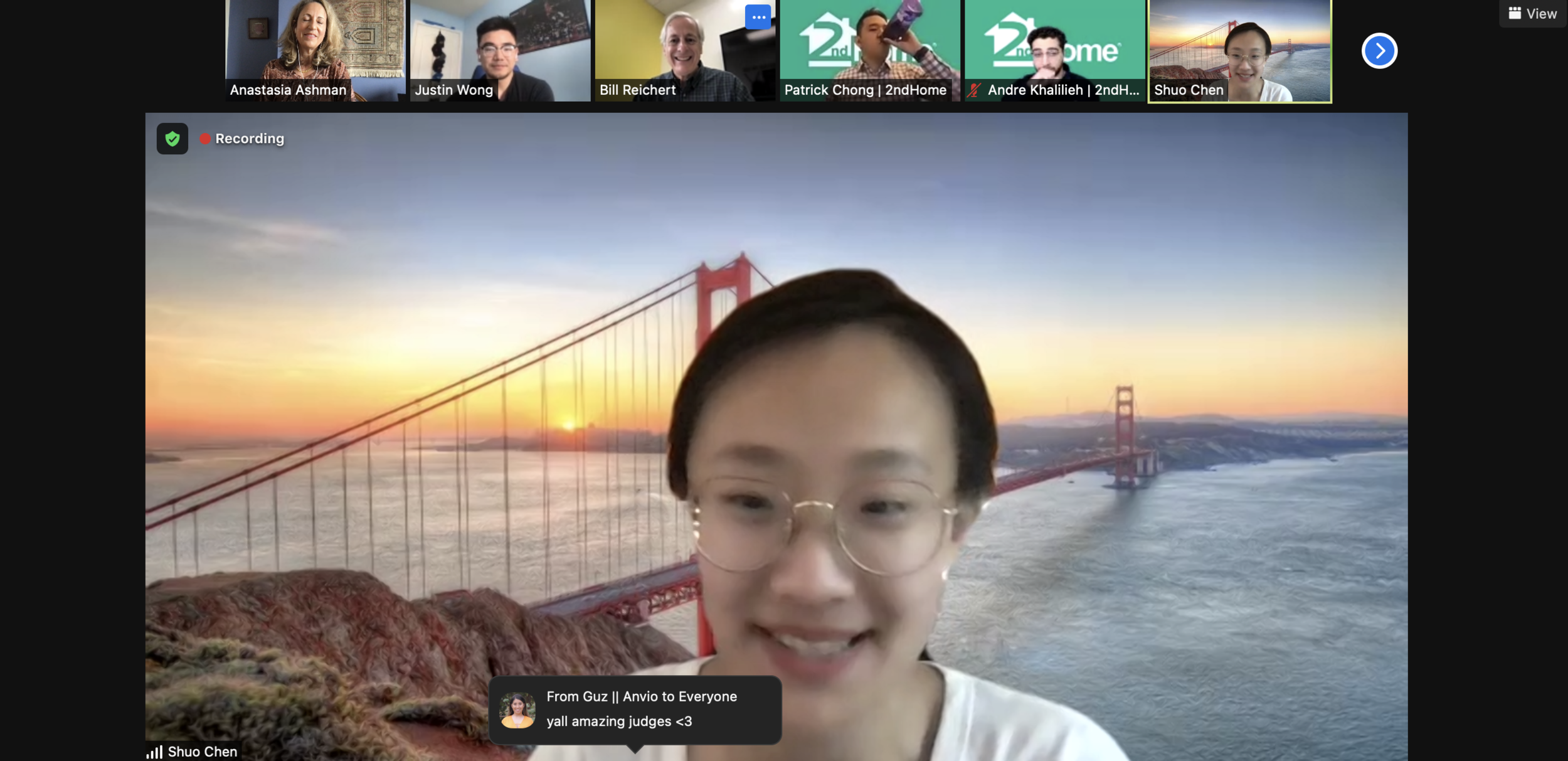
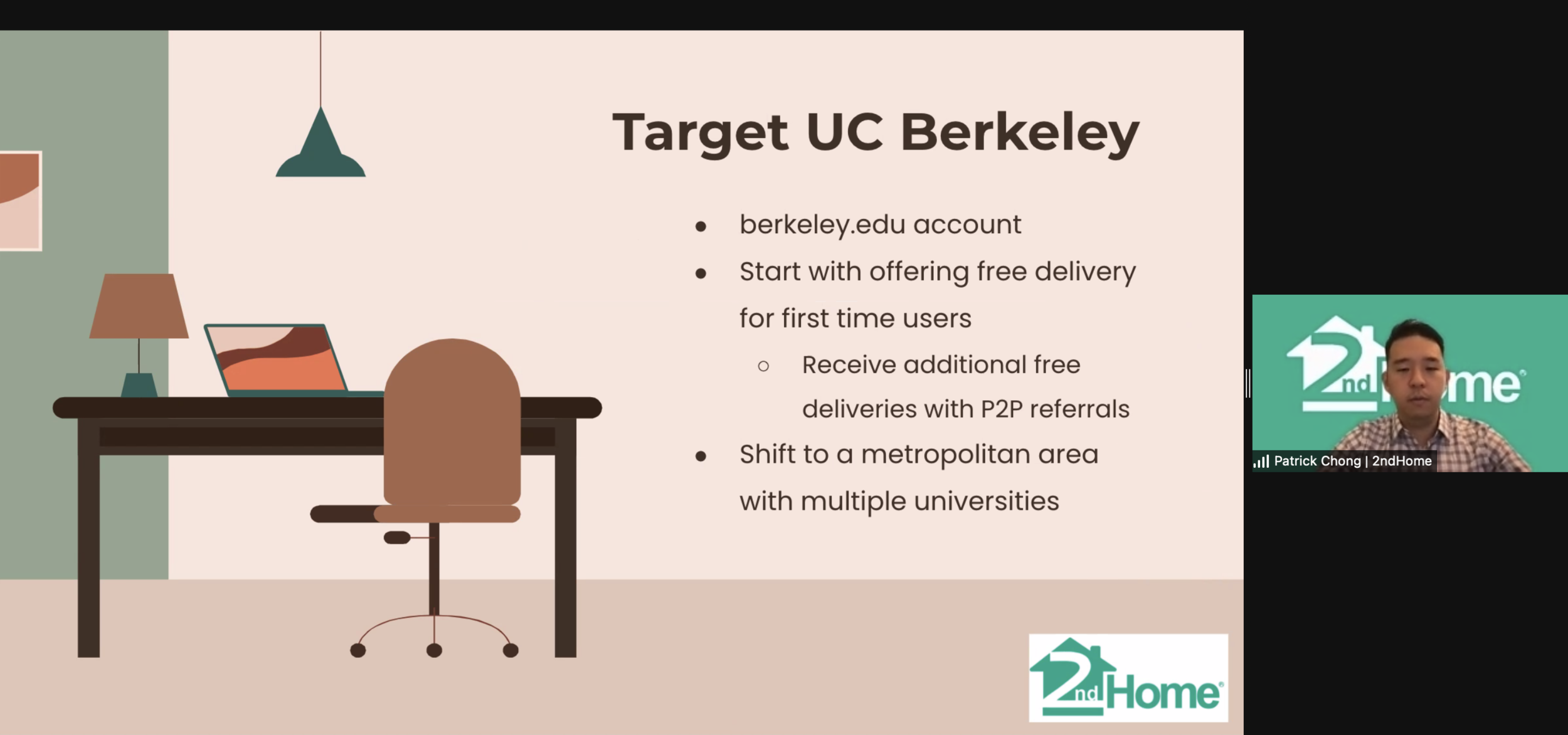
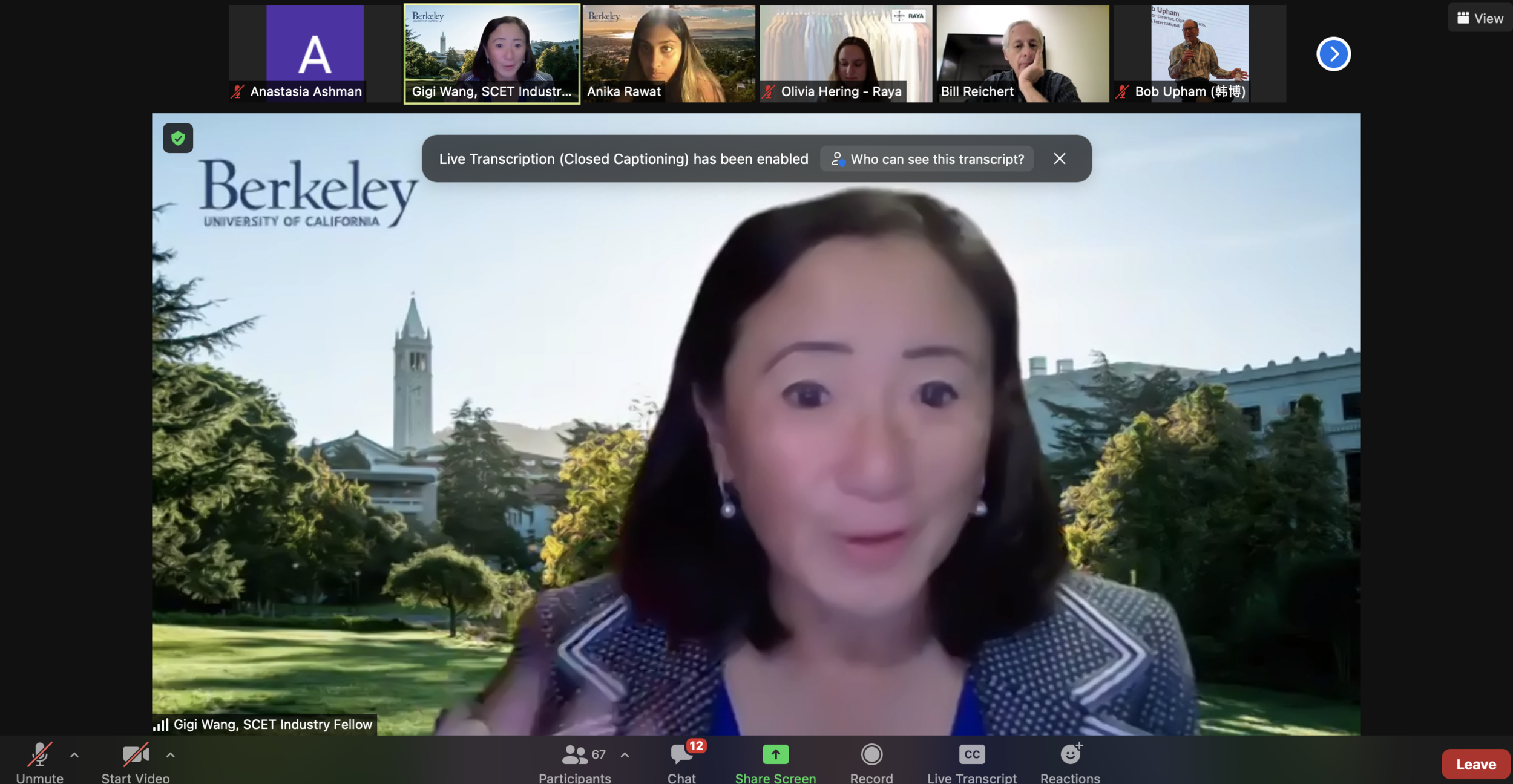
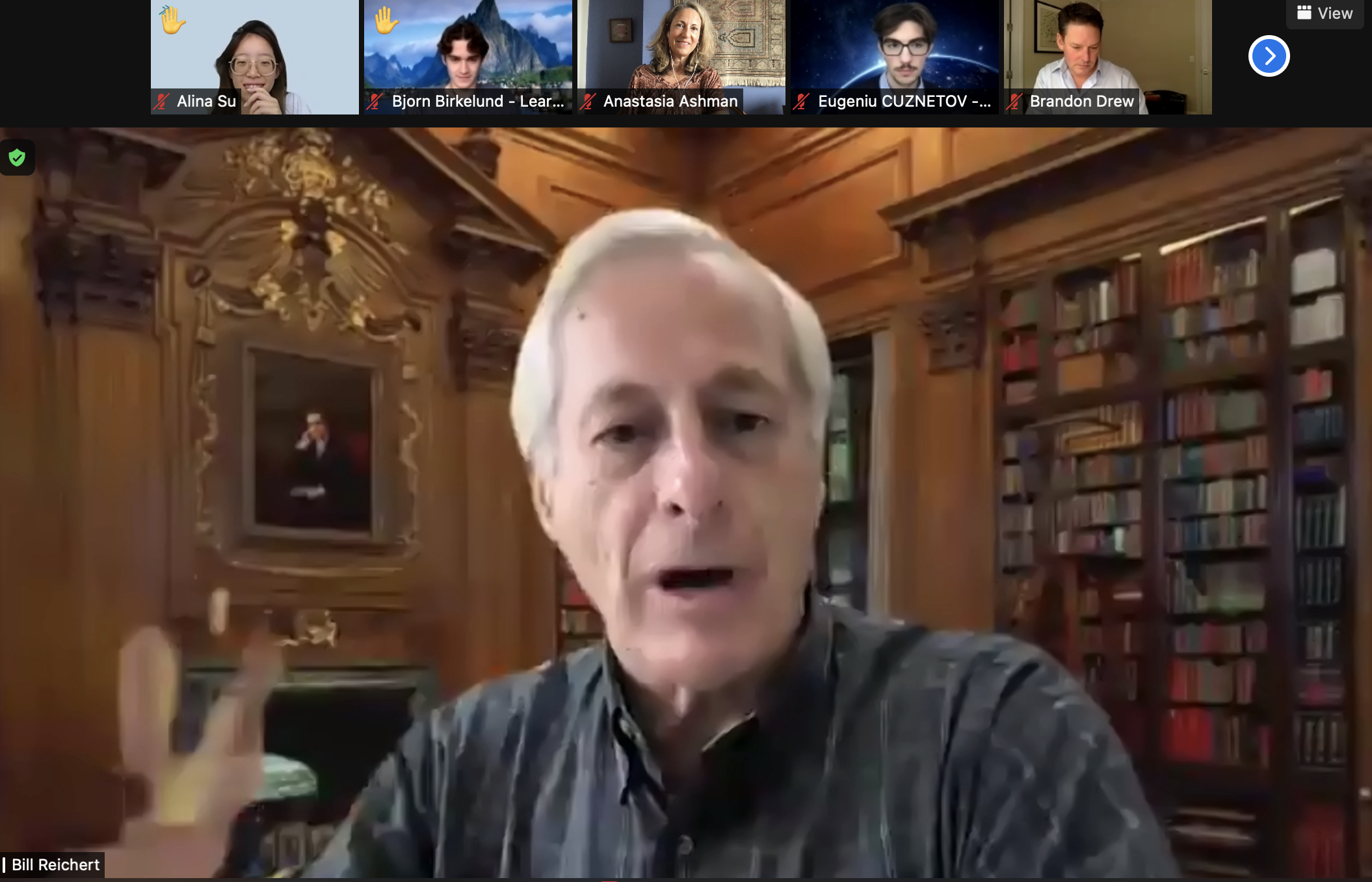

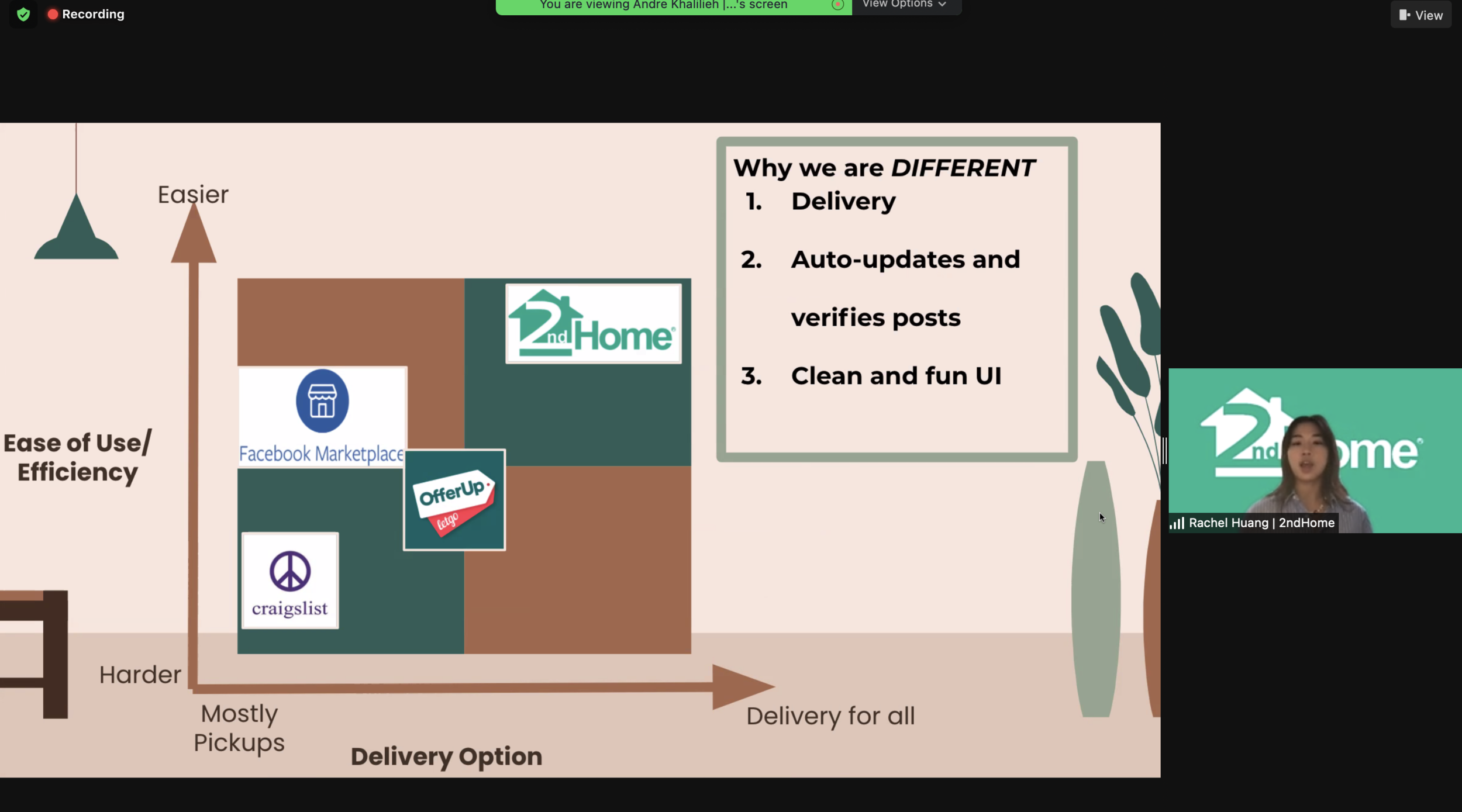
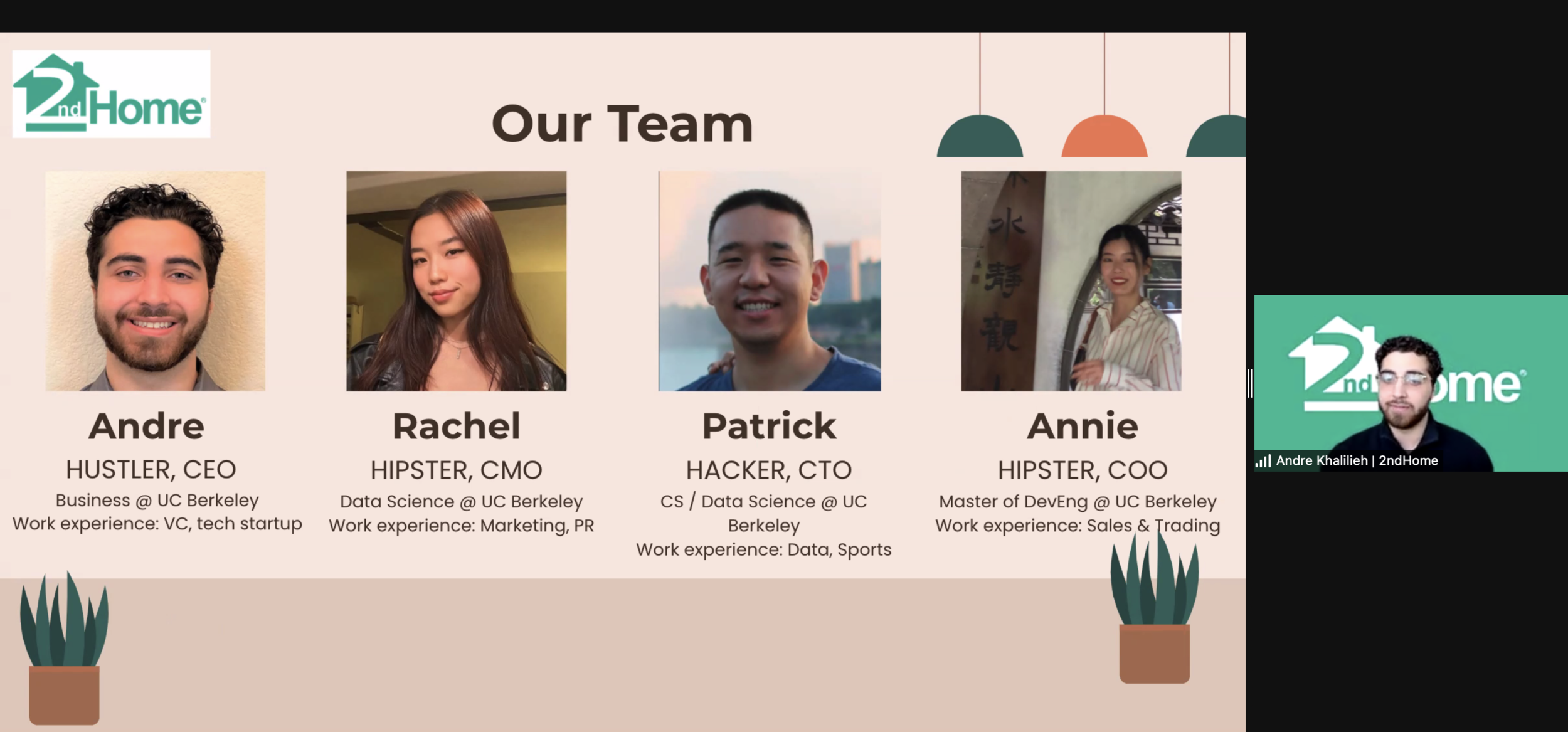
“One winning team, described as 50% ‘hipster’, proposed a second-hand furniture service for student communities.”
The tie was between a second-hand furniture service from a team that self-described as 50% hipster and delivered an all-bases covered pitch including customer validation and operating expenses on their financial projections; and a company that I found intriguing, but not easily mentionable during my one-day appearance at Bootcamp.
Most years when I can, I enjoy mentoring the teams during the week leading up to the final, giving me a chance to get to know the entrepreneurs and advise their team formation and development of their venture pitch.
I didn’t have that chance this year, otherwise I certainly would have had more time to construct how I might present Anvio as winners, live on the Zoom to all participants. Somehow I still did that within minutes of hearing of them (waiting for the video of the event to recall exactly what I said without using the term the team suggested: “sex toy”, this is FAR MORE than a toy). And now I’m struggling to describe it here, on the Internet where nothing ever dies.
I’m not sure I want to rank for these terms in perpetuity….
“I don’t want to rank for these terms yet I see the need for this intimate smart device and subscription service …there’s definitely something there with this sexual wellness training tool. ”
…there’s definitely something there with this sexual wellness training tool.
There’s something there in its not-often-enough-spoken-of problem, its ‘non-gendered’ solution, a knowledge and support community, a data-driven wellness option, an intriguing new smart device, a relationship aid, a subscription service for a monthly box of related products, and still there is so much left unsaid.
You’ll have to look for it in the slides above!
As Shuo Chen suggested during the judging, the Anvio team can always start with a MVP (minimum viable product) of a box subscription and discussion community as they continue to research and develop the intimate electronic device itself, and design and build the mobile app that supports it.
This particular problem space may be hard-to-talk-about (sort of, Teen Vogue famously covered it in 2017, and incited a backlash for erasing women — calling them “non-prostate owners”) yet the problem is a known source of trauma for millions of newcomer practitioners.
“Ok, ok. Enough prevarication.
You might call the Berkeley Bootcamp winner I championed...
’A SMART BUTT PLUG’.
Yep, went there! 😱”
Phew, I said it and I’m still alive. (Now to watch my website ranking skew over time…)
Let’s put it this way. This winning formula is…
Anvio = a not-often-spoken-about problem + a non-gendered solution + a knowledge/support community + a data-driven wellness option + an intriguing new smart device + a relationship aid + a mobile app supporting a subscription service for data + a box subscription service for related products.
Congrats again to all the hard-working BMOE teams for a great Final Presentations Day. I look forward to what you do next!



